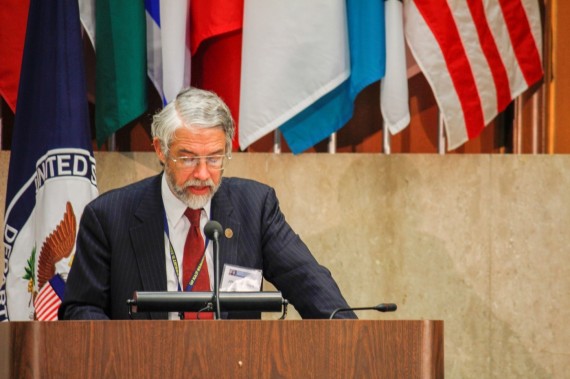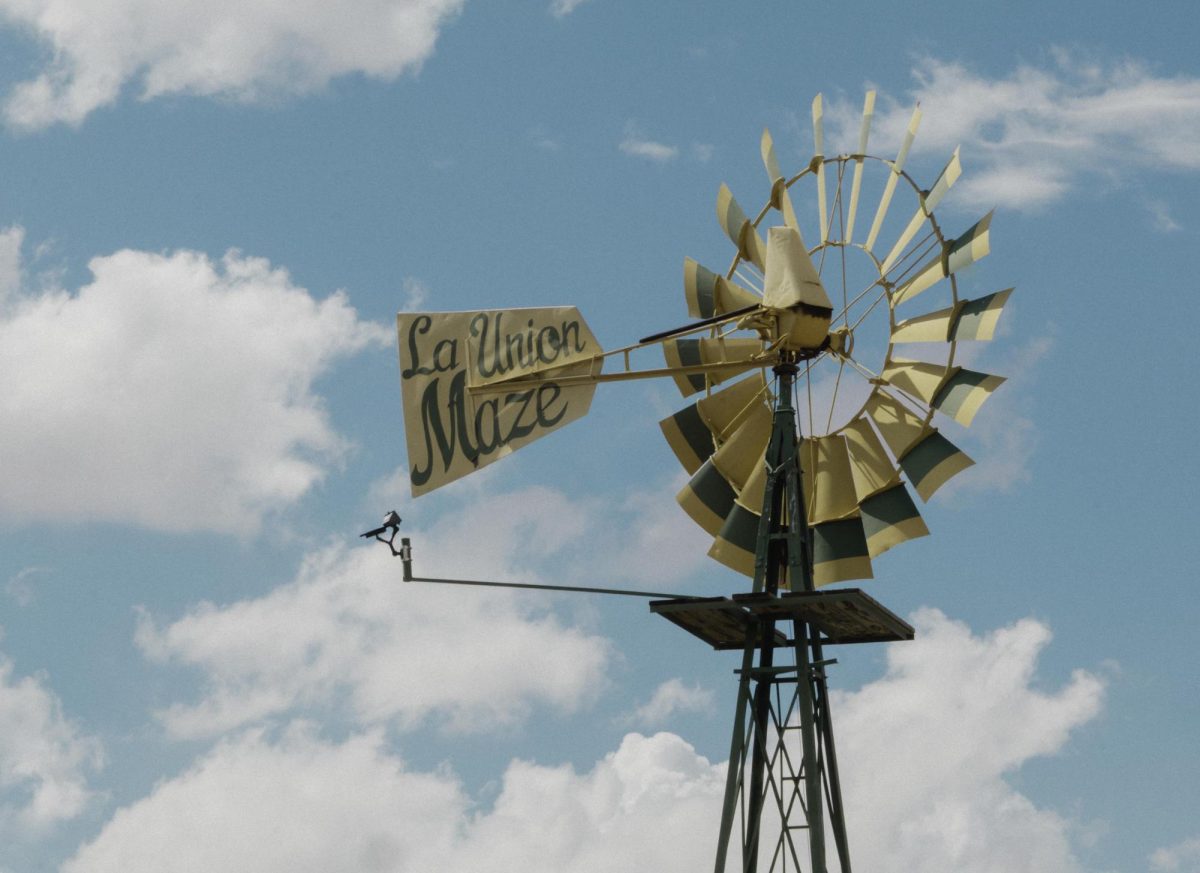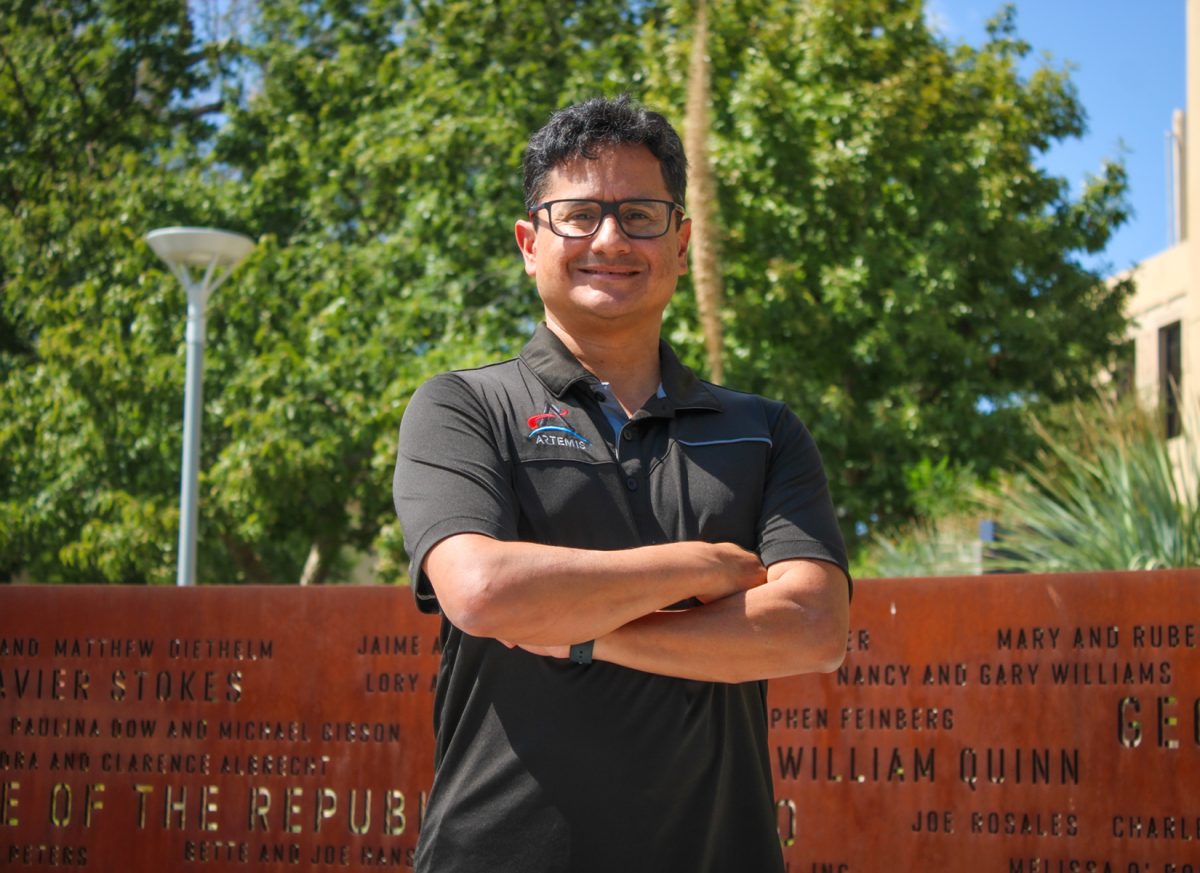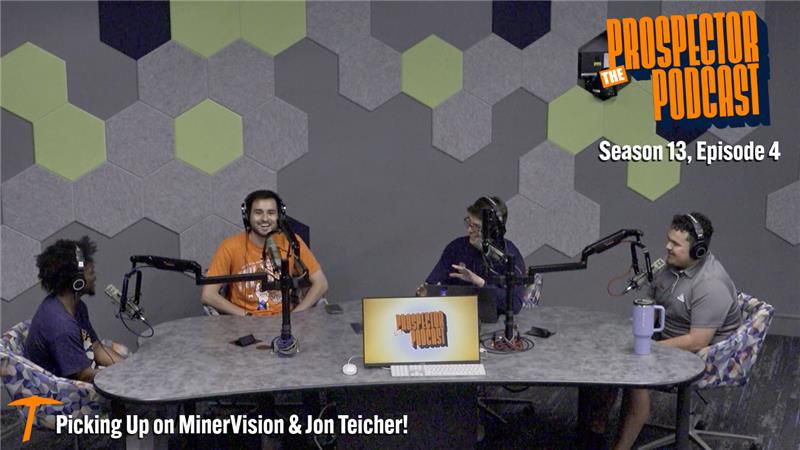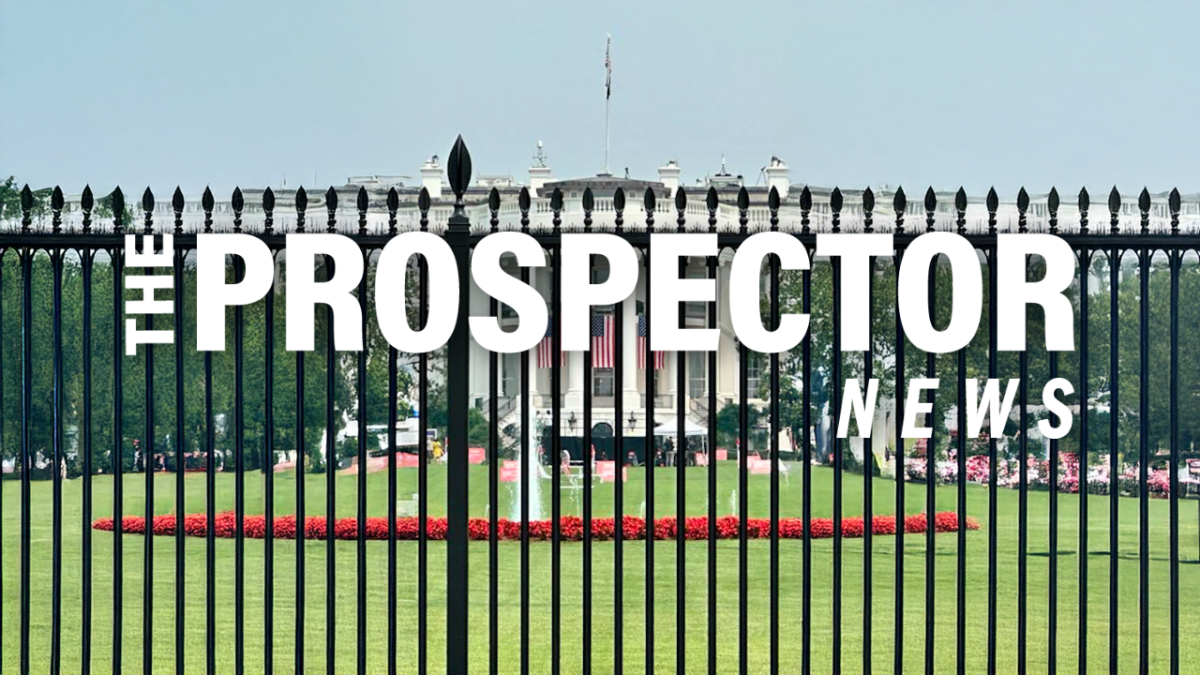Washington – Collaboration is the best way to continue to explore space. That’s what representatives from 35 nation’s space agencies said at a meeting Thursday at the State Department.
But first, they will have to let go of competition and bragging rights to be the first to reach Mars or Jupiter’s moons.
“Rather than pursuing disparate paths of discovery, 12 national space agencies have developed a shared roadmap that will lead us to human research and to make the most of the technology revolution,” William J. Burns, deputy secretary of state, said.
The forum was hosted for the first time in hopes that global cooperation can exist among space agency competitors, both private and government owned.
Paul Weissenberg, deputy general director of the European Commission, said collaboration in space exploration has not been possible due to human desire to be first. He said a change is underway.
“Competition has reached its limits. Ambitious space exploration programs are beyond individual capability of most countries,” Weissenberg said. “That’s why the Europeans, the European Space Agency and the European Commission kicked off this process of sharing our vision of future space exploration.”
Hakubun Shimomura, Japan’s education, culture, sports and science minister, said all countries can cooperate in space exploration but programs must satisfy several requirements.
“International cooperation must be technologically, politically and financially sustainable,” Hakubun said.
Hakubun said that roadmaps for space exploration should be made understandable for the general public so they can follow with space exploration plans.
The event, a meeting of the International Space Exploration Forum, aimed to bring nations together to cooperate in exploring new frontiers and increase society’s knowledge about space. The ISECG released a Global Exploration Roadmap in August, which shares the International Space Station and the ISECG plans for future space exploration.
“Of course, our nations all have a wide range of pressing priorities,” John Holdren, director of the White House Office of Science and Technology Policy, said. “We in this room know better. We know from our experience that the time is always now and that with collective action and partnership we cannot just reach for, but can actually reach the stars.”
All speakers expressed their countries’ will to cooperate, but maintained a clear concept of what their country is individually achieving and planning.
Russia recently announced its intention to land on one of Jupiter’s moons, Ganymede. China just landed on the moon in December. The European nations launched a new spacecraft, Gaia, which will explore the Milky Way. The U.S. has plans to advance medicine to improve health in humans and send astronauts back into space, eventually to Mars.
“The question facing us today is whether you can muster the courage and political will to advance space exploration and ensure that cooperation continues to trump competition,” Burns said. “If you do that, if we choose to put our collective strength behind cooperative efforts rather than competing efforts, the opportunities are as vast as the solar system can consider.”
Burns said there are three areas that need to be enhanced.
The first is to encourage countries to participate and support the current activities at the ISS. Second, countries need to clear roadblocks to cooperation. And finally, he said, space agencies need to know how to defend Earth by discovering what the potential threats are.
“Space exploration is not just the preoccupation of scientists and astronauts, but a vital undertaking for all of us who wish to advance the cause of global peace and prosperity,” Burns said. “Now is the time to come together to make space exploration a shared global priority, to unlock the mysteries of the universe and to accelerate human progress here on Earth.”
Japan will host the next space exploration forum in 2016 or 2017.
Alejandro Alba is a senior multimedia major at the University of Texas at El Paso. He is currently an intern with Scripps Howard Foundation’s Semester in Washington Program.

